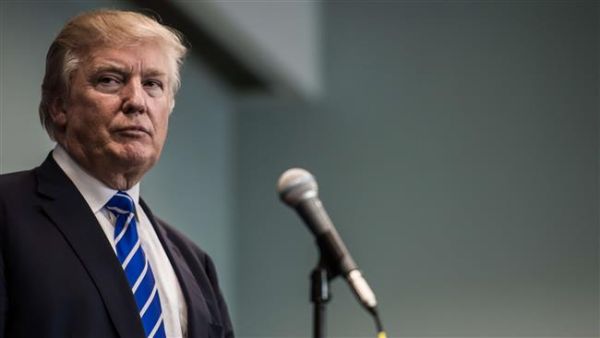- Trump is going to announce his plans for the Iran nuclear deal
- Experts warn that if he pulls out, he will simply cause chaos for all parties involved
- Trump appears to have no strategy in place to deal with the aftermath of leaving the nuclear agreement
- Iran may simply become emboldened by the move, isolating the U.S. further
By Ty Joplin
U.S. President Donald Trump is set to announce a decision on whether the U.S. will stay in or pull out of the Iran nuclear deal.
Trump has long expressed antipathy toward the agreement negotiated by former president Barack Obama. He’s called it “the worst deal ever made,” and even decertified it in October 2017, which then left it up to Congress to either re-impose sanctions or Iran or stay in the deal.
The deal, also called the Joint Comprehensive Plan of Action (JCPOA), curtails Iran’s ability to weaponize enriched uranium for use as a nuke and allows independent monitors to make sure Iran is keeping in-line with the deal.
Every leader involved with the JCPOA has called for Trump to say in, and many politicians within the Republican party have been trying to convince Trump to remain in the agreement. Experts unanimously state that Iran is compliant with the deal.
Nonetheless, Israeli Prime Minister Benjamin Netanyahu has pushed to nix the deal, saying it is fatally flawed, and has been hinting that Iran is or intends to violate the deal in pursuit of a secret nuclear arsenal.
Trump then faces a choice. Certifying the nuclear deal continues an Obama-era diplomatic achievement, one that he’s publicly against. But pulling out threatens to isolate the United States from the global diplomatic stage, effectively spelling an end to the U.S.’ ability to multilaterally deal with Iran.
To get clarity on this, Al Bawaba interviewed Chuck Freilich, a Senior Fellow at Harvard University’s Belfer Center for Science and International Affairs. Freilich also served as Israel’s deputy national security advisor from 2000 to 2005.
“The agreement is working for now and I believe was the best of the bad options for addressing the Iranian challenge,” Freilich said.
“The question is what comes after Trump withdraws from the deal. I do not know if he has a strategy, how he intends to address the Iranian threat afterwards, and whether this includes an attempt to now achieve a ‘good deal’ or even take military action,” Freilich added, saying he is “quite concerned about what looks like an absence of a strategy,” from Trump.
Trump and Netanyahu are looking for ways to combat growing Iranian influence in the Middle East, and even though Freilich agrees that Iran’s regional ambitions are dangerous and must be addressed, analysts say pulling out of the deal will do nothing but help Iran.
It’s “easy to imagine that if the United States pulls [out], re-imposes sanctions on Iran and is the first party to be an obvious material breach of the agreement, one of Iran's most obvious options would be a rapid return to either clandestine or, more probably, overt and very aggressive nuclear weapons R&D [research and development],” said Hussein Ibish, Senior Resident Scholar at the Arab Gulf States Institute in Washington (AGSIW).
“If Washington is blamed for the collapse of the deal, it will be impossible to reconstruct the wide-ranging, suffocating sanctions that brought Iran to the table in the first place. Meanwhile, the pressure on Iran to restrain its regional activities will be even less than before,” Ibish added.
Trump, in other words, may be held responsible for the collapse of the deal, giving Iran the ability to absolve itself of blame and justify to itself a public return to its nuclear and regional ambitions.
“For the most incorrigible Iranian hardliners, this is definitely a win-win scenario.”
Alternatively, Iran may remain compliant with the deal and the JCPOA’s signatories may remain in the deal. Its signatories are China, France, Russia, United Kingdom, United States, Germany, Iran and the EU. This would essentially kick the U.S. out of a diplomatic role with regards to Iran’s nuclear program and isolate it from some of its most trusted friends in the international community.
This option comes with the dangerous that other signatory could become hopelessly entangled, violating U.S. sanctions by continuing to do business with Iranian entities.
In short, pulling out of the deal will create chaos for every party involved in the deal; chaos Trump appears to have no plan of tackling.







